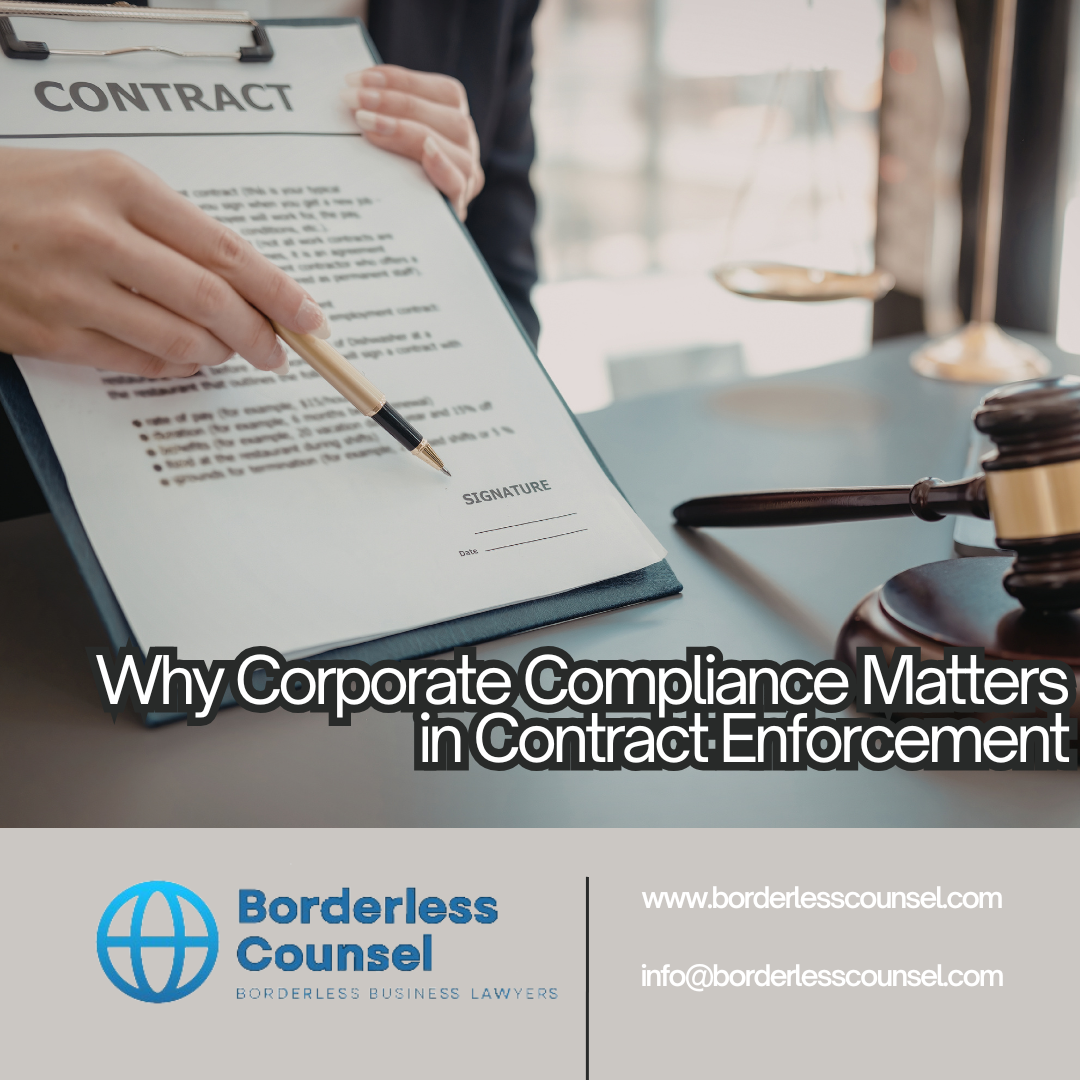When a company forms in the United States, one of the first legal requirements it encounters is appointing a registered agent. It’s a requirement that appears simple on paper — yet it plays a central role in how states regulate businesses and how companies stay legally reachable.
For founders, international business owners, and growing companies, understanding why this requirement exists helps avoid compliance gaps and unexpected legal issues later.
Corporate compliance is not just an administrative obligation; it is part of a company’s legal infrastructure. While courts do not treat compliance failures as automatic deal-breakers, they do take them seriously when evaluating authority, standing, and procedural eligibility.
Businesses that treat compliance as an ongoing priority — rather than a last-minute fix — place themselves in a stronger position when contracts are tested.
Family Reunification Parole programs were created to allow certain family members of U.S. citizens or lawful permanent residents to enter and stay in the United States temporarily while waiting for their immigrant visas to become available. These programs were part of broader humanitarian parole initiatives overseen by USCIS and the Department of Homeland Security (DHS).
Under FRP, eligible relatives from specific countries could be paroled into the United States — meaning they were granted temporary permission to enter or remain in the country, even if their immigrant visas were not yet ready. These parole programs generally applied to family members such as adult children or siblings of U.S. citizens and were intended to help reunite families during long visa backlogs.
For many foreign founders, setting up a company in the United States or Canada is a strategic first step. Sometimes the business launches immediately. Other times, the company exists quietly while plans, funding, or immigration matters fall into place.
That kind of “paper company” — an entity with little or no operational activity — has long been common and, in most cases, perfectly lawful.
What’s changed is how governments look at these companies today.
Good standing is not just a certificate — it’s proof that a company is legally compliant, operationally sound, and ready to do business in the U.S.
As regulatory oversight increases and transparency rules expand, maintaining good standing is becoming a baseline requirement, not an afterthought.
For founders and international businesses, understanding and monitoring this status is a simple but essential step in protecting long-term operations.





